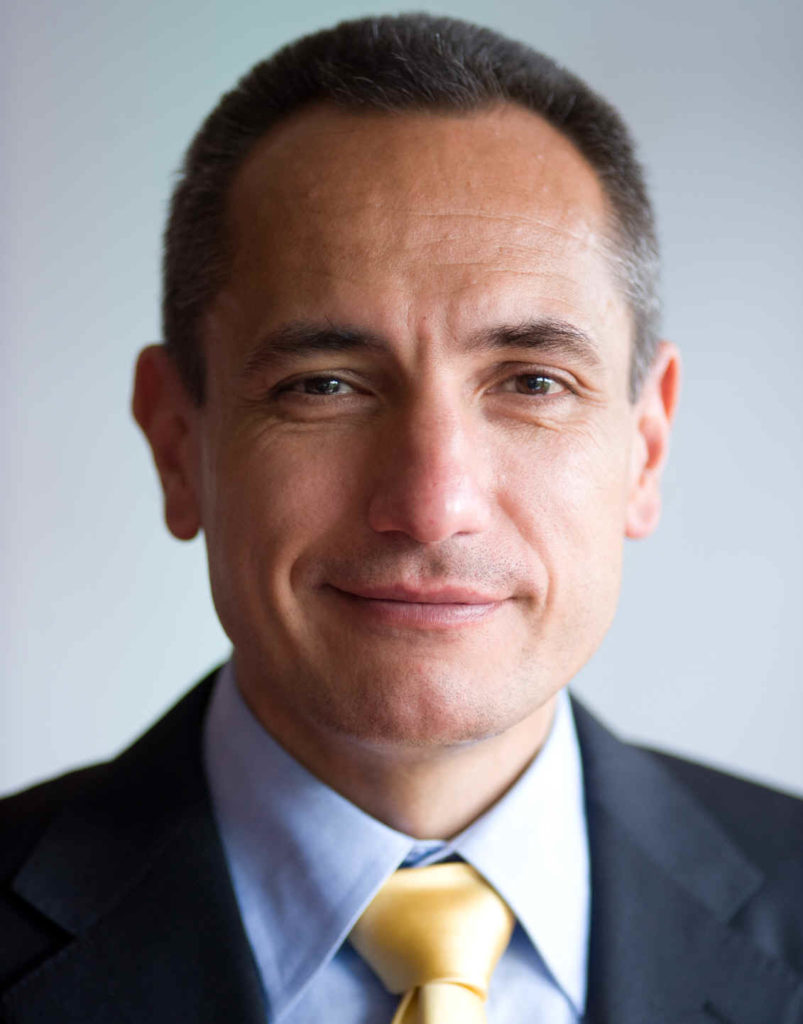The idea that you can make more money in a short period is a psychological trap that sabotages decision-making in day trading. Here’s why.
Post pandemic, I think we can all agree that a new generation of traders has emerged. At the height of restrictions in late March and early April 2020, more than 310 million Americans were under directives to stay at home. With movie theaters, stadiums, bars, restaurants closed to limit the propagation of the pandemic; many started day trading. In fact, a survey from CNBC and Survey Monkey in August 2021 reveals that a quarter (26%) of the general public and 60% of investors between 18 and 34 started investing in 2020.
A 2021 study from Betterment and Market Cube indicated that the majority of traders (58%) were motivated by the idea that they can make a lot of money in a short period of time. It’s this same psychological trap that has led first-timers to make bad decisions and lose their shirt for some years now. In fact, a 1999 study, commissioned by North American Securities Administrators Association (NASAA), showed that “70% of day traders will not only lose but will undoubtedly lose everything they invest.” Only 12% showed the potential to be profitable.
The Electronic Traders Association (ETA) made the same conclusion that “the majority of those who day-trade after training do not lose money.” Investors that trade today know that what was the case twenty years ago, still rings true today.
Here are 3 Reasons Why Making Money Shouldn’t Be Your Motivation to Trade:
1. It’s better to get rich slowly than to get poor quickly
Most traders take a discretionary approach. This means deciding what to invest in based on past or current market conditions. The problem with this strategy is that the success of their decisions depends too much on their own character, personal knowledge, and understanding of the markets. This combined with the desire to get rich quickly, means they take too many risks.
Retail investors have made considerable losses when trading with complex instruments such as Contracts for Differences (CFDs). In fact, trading platforms such as eToro now have a General Risk Disclosure that every trader must sign. 68% of retail investors lose money on eToro. Traders take the risk, either not understanding how CFDs work or because they don’t think losing could happen to them.
The key to avoiding these mistakes is to go step-by-step and build your wealth slowly. It can also help to take a systematic approach so that you’re not as dependent on your trading talent or gut feelings. You won’t make money as fast. But you also won’t be financially ruined overnight.
2. Money obsessed investors are too distracted to think clearly
From my experience, money is a distraction. Most money-obsessed investors are too distracted to focus on their learning curve and training to improve their skills. The Betterment and Market Cube Survey show that day traders are more likely to feel concerned about money. 39% of respondents looked at their bank accounts and investment portfolio balances on a daily basis, 11% checked multiple times a day, and 37% checked their investment portfolio balances every day.
As a trader, you will better serve yourself and your investments by using your free time to obtain training in how to trade and improve your strategies, rather than obsessively checking bank account balances.
The stress linked to the fear of losing money can be managed by receiving the right training. As the ETA found out in 1999, traders who do not lose money have been trained.
3. Complacency is dangerous in a volatile world
Once they obtain wealth, investors can become complacent. But experienced traders know that investor complacency can endanger the whole trading system. For example, the prevalent “buy the dip” mentality is not as applicable as some think. Investors need to rely on volatility filters rather than the belief that central banks will continuously act as safety nets.
The Best Traders Invest in Themselves
The best and the brightest in day trading are generally people who have set aside their desire to get rich quickly and instead educate themselves to continuously improve their understanding of the markets. They have a pessimistic approach to investment problems that proves especially useful when picking stocks in volatile environments. Instead of analyzing risks based on profits, they do so based on the extent of damages that can be caused in worst-case scenarios.
Patient, continuously learning, and investing in new tools to improve their resilience, successful traders are motivated not by the idea of making more money but by protecting their hard-earned wealth. They know that losing money is part of the game’s rules, which is why they put caps on the amount they are willing to lose. Losing money beyond a reasonable amount is unacceptable, and this is why the best traders invest so many resources in self-improvement.
Learning to approach the markets proficiently is not a sprint but a long and challenging marathon won by choosing an approach with proven efficacy first. Don’t let the initial hurdles discourage you, instead spend the time to develop tried and true methods and you’ll end up successful as a trader long-term.
About the Author
Andrea Unger is a full-time professional trader, President of The Unger Academy, and author of The Unger Method. Andrea is the only Four-Time World Trading Champion (2008, 2009, 2010, and 2012), he’s an honorary member of SIAT (Italian Society of Technical Analysis, a branch of IFTA) and speaks throughout Europe, America, Australia, and Asia.
